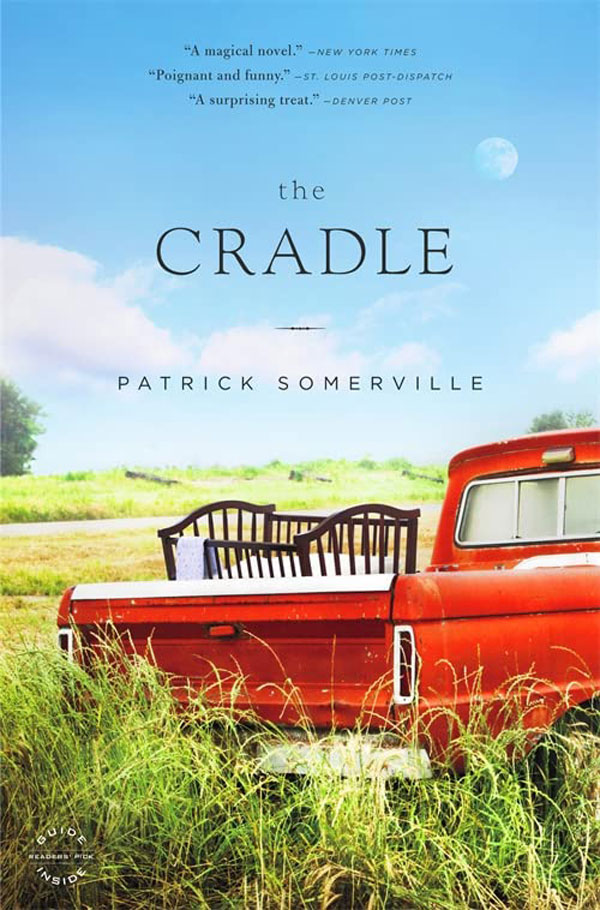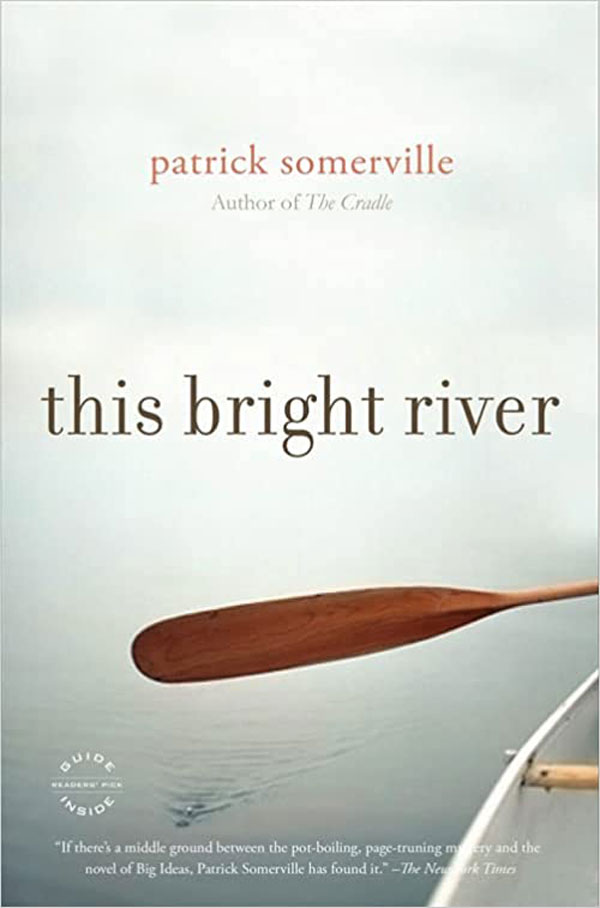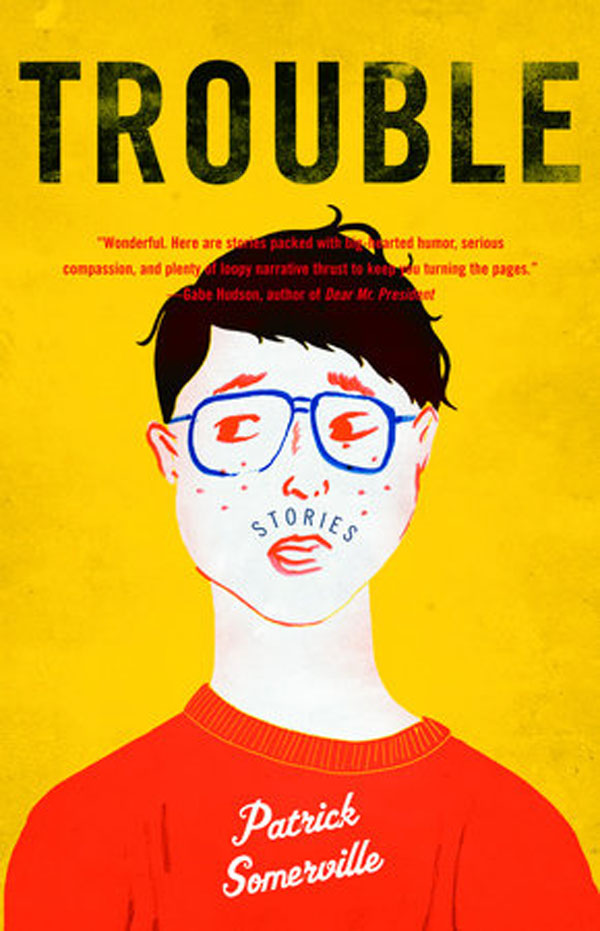New York Film Academy (NYFA) had the honor of hosting a live video Q&A with STATION ELEVEN Showrunner PATRICK SOMERVILLE to discuss the writers room, the importance of having a voice in Hollywood and bad drafts, with NYFA students and alumni. Tova Laiter, Director of the NYFA Q&A-List Series, curated and moderated the event.

a USC Scripter Award.
He also created, wrote, and executive produced the critically acclaimed Maniac series, starring A-list actors Emma Stone and Jonah Hill. The film received two nominations from the Writers Guild of America (WGA) and Producers Guild of America (PGA). Somerville also served as writer/producer on the HBO drama The Leftovers starring Justin Theroux and got his start in television writing on the FX drama The Bridge and FOX’s 24: Live Another Day.
Somerville’s writing appeared in The New York Times, GQ, and Esquire. He is a MacDowell Fellow and the winner of the 2009 21st Century Award, an honor awarded annually by the Chicago Public Library.
He grew up in Green Bay, Wisconsin, attended the University of Wisconsin-Madison, and later earned his MFA from Cornell University.

Somerville went on to write two collections of short stories, Trouble (2006) and The Universe in Miniature in Miniature (2010) before getting agent representation. He also wrote two novels, The Cradle (2009) and This Bright River (2012). The Cradle was nominated for the Center for Fiction’s First Novel Award. It was also a Barnes & Noble Discover Great New Writers pick for Spring 2009, a Target Emerging Writers Pick, and a New York Times Editor’s Choice. This Bright River was a New York Times Editor’s Choice as well, and The Universe in Miniature in Miniature was short-listed for the 2010 Story Prize.

When asked the difference between a writer and story editor, Somerville stated, “there is none. It means nothing. There’s a hierarchical tier in the writer’s room and the bottom rung is the staff writer followed by the story editor.” After a year in a writer’s room, a writer graduates to story editor, followed by executive producer and co-producer. “It’s a tiered, hierarchical ranking system.”

writer’s room is a breeding ground for ideas. Pitching, collaborating and knowing how to navigate group dynamics are essential skills. “I think it’s important to listen to ideas that aren’t yours, a lot; and to ask yourself why you don’t think they’re good or why you do think they’re good.”

When asked about writer’s block and how to combat it Somerville said, “On the days when you don’t feel like you’re good enough, write a couple of things anyways. The critic in you should not be empowered to tell you that you’re not a good writer.” In regards to not knowing where a piece is going, Somerville says,
“write a bad draft anyways … When you get to the end of the thing, you learn about the thing and then you go back..”
Somerville was adamant about the contribution of the creative crew behind Station Eleven. Citing the collaboration of the cinematographers, costume designers, lighting crew and music, as a huge component of the show’s success and hoping that both the students and the voting EMMY members will recognize their talents.
New York Film Academy and Tova Laiter would like to thank Patrick Somerville for sharing his time and writing experience with NYFA students and alumni.
You can watch the full conversation in the video below:
Please note: NYFA does not represent that these are typical or guaranteed career
outcomes. The success of our graduates in any chosen professional pathway depends on
multiple factors, and the achievements of NYFA alumni are the result of their hard work,
perseverance, talent and circumstances.
